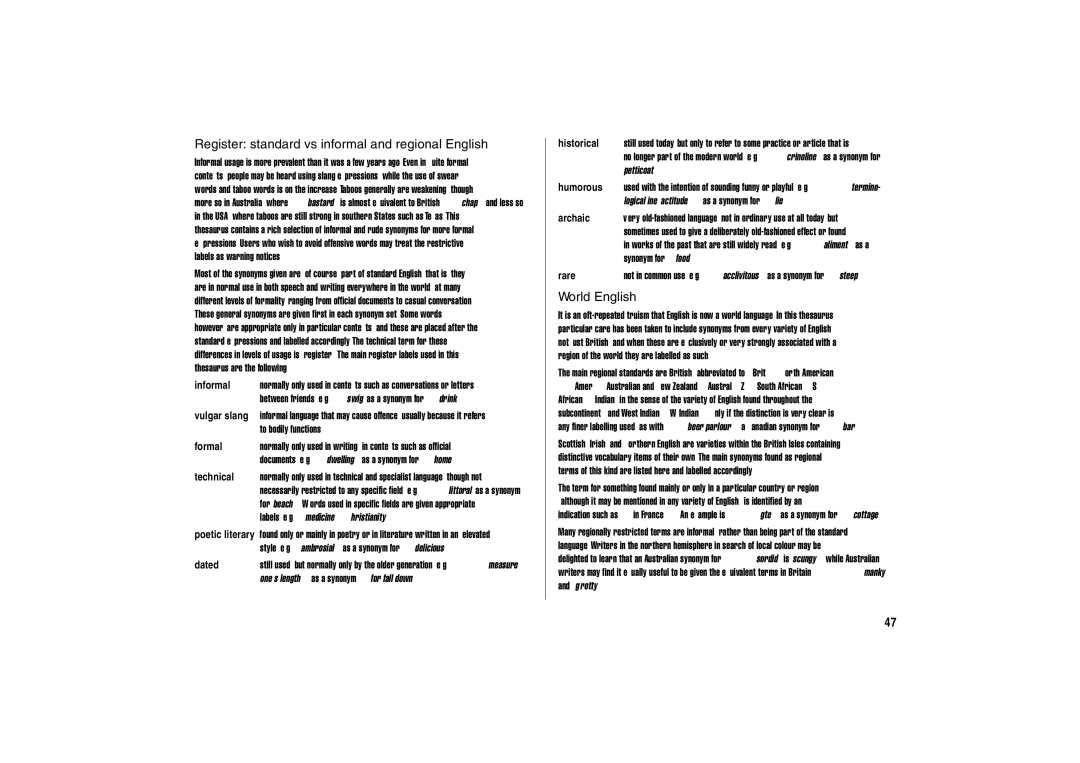PW-E310 specifications
The Sharp PW-E310 is a versatile electronic dictionary that has gained popularity among students and language enthusiasts alike. Compact and lightweight, it is designed to provide comprehensive language support and a user-friendly experience.One of the standout features of the PW-E310 is its extensive dictionary database. This electronic dictionary comes pre-loaded with a variety of dictionaries, including English-Japanese and Japanese-English, as well as specialized dictionaries focused on science, technology, and business. This wide-ranging lexical resource makes it an invaluable tool for users who seek to improve their language skills or need quick translations.
Another key characteristic of the Sharp PW-E310 is its intuitive interface. The device is equipped with a clear LCD screen that displays definitions, examples, and translations in a user-friendly manner. The keys are well-placed and responsive, allowing for quick navigation between entries. Users can easily search for terms using the built-in search function, which supports both English and Japanese input.
The PW-E310 also boasts a variety of learning features. It includes a built-in quiz function that allows users to test their vocabulary knowledge, making it an effective tool for self-learning. The device supports audio pronunciation, helping users to grasp the correct intonation and accentuation of words. This audio feature is particularly beneficial for language learners who want to strengthen their listening skills.
In terms of battery life, the Sharp PW-E310 is efficient, offering extended usage on a single charge, which makes it ideal for students who need to carry it around all day. The device also includes a backlight feature that allows users to read in low-light conditions, adding to its convenience.
Connectivity is another advantage of the PW-E310. It supports USB connections, enabling users to update the dictionary database and add new content when needed. This feature ensures that the device remains relevant and up-to-date with the latest terms and translations.
Overall, the Sharp PW-E310 stands out as a durable and multifunctional electronic dictionary. With its extensive vocabulary resources, intuitive design, engaging learning tools, and user-friendly features, it is well-suited for anyone seeking to improve their language skills or tackle translation challenges efficiently. Whether used in the classroom or for personal study, the PW-E310 proves to be a reliable companion in the journey of language learning.
